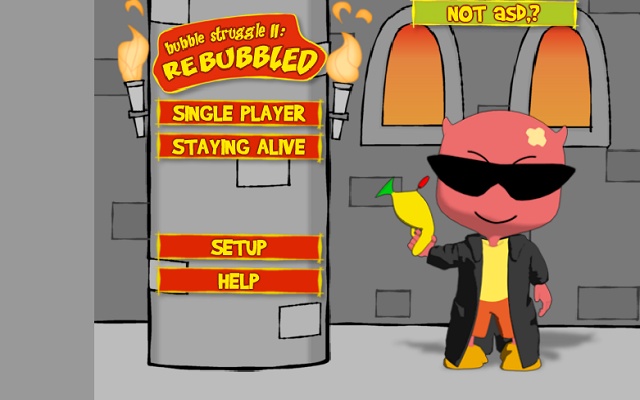

The high starts with a cerebral lift that boosts your mood with a sense of euphoria and slight introspection. The GSC high is very well-balanced even with its slight indica dominance, hitting both mind and body with numbing effects. The aroma of GSC is much like the taste but with a pungent twist – it smells like sweet kushy earth with a hint of minty nuttiness and a powerful cherry pungency that's released as the nugs are broken apart and burned. This insanely popular strain is a favorite among users everywhere for its delicious flavor that is actually like a freshly baked kush cookie and myriad of cerebral and physical effects that are just as sweet. GSC, also known more commonly as “ Girl Scout Cookies,” is a slightly indica dominant hybrid strain created by crossing the classic OG Kush X Durban Poison strains. If you're diagnosed with glomerulonephritis, a doctor may prescribe medicine to help lower your blood pressure, lower your cholesterol or protect against blood clots.Indica Dominant Hybrid - 60% Indica / 40% Sativa THC:

This does not always mean you have glomerulonephritis, but the cause should be investigated.Īlso see a GP if you have other symptoms of glomerulonephritis, such as pain in your joints, tiredness and shortness of breath. See a GP if you notice blood in your urine. Some people with glomerulonephritis also have high blood pressure.
BUBBLE TROUBLE STRAIN SKIN
yellowing of the whites of the eyes or the skin, although this may be less noticeable on brown or black skin ( jaundice).

This is known as nephrotic syndrome.ĭepending on the cause of glomerulonephritis, other parts of your body can be affected with symptoms such as: If a lot of protein leaks into your urine, swelling of the legs or other parts of the body can also develop. Your pee may also be frothy if it contains a large amount of protein. But the blood in your pee may only be noticed when a sample is tested. If you have severe glomerulonephritis, your pee may be a dark colour because it contains blood. It's more likely to be diagnosed when blood or urine tests are carried out for another reason.Īlthough mild cases of glomerulonephritis can be treated effectively, for some people the condition can lead to long-term kidney problems. If glomerulonephritis is mild, it does not usually cause any noticeable symptoms. It's often caused by your immune system attacking healthy body tissue. Glomerulonephritis is damage to the tiny filters inside your kidneys (the glomeruli).


 0 kommentar(er)
0 kommentar(er)
